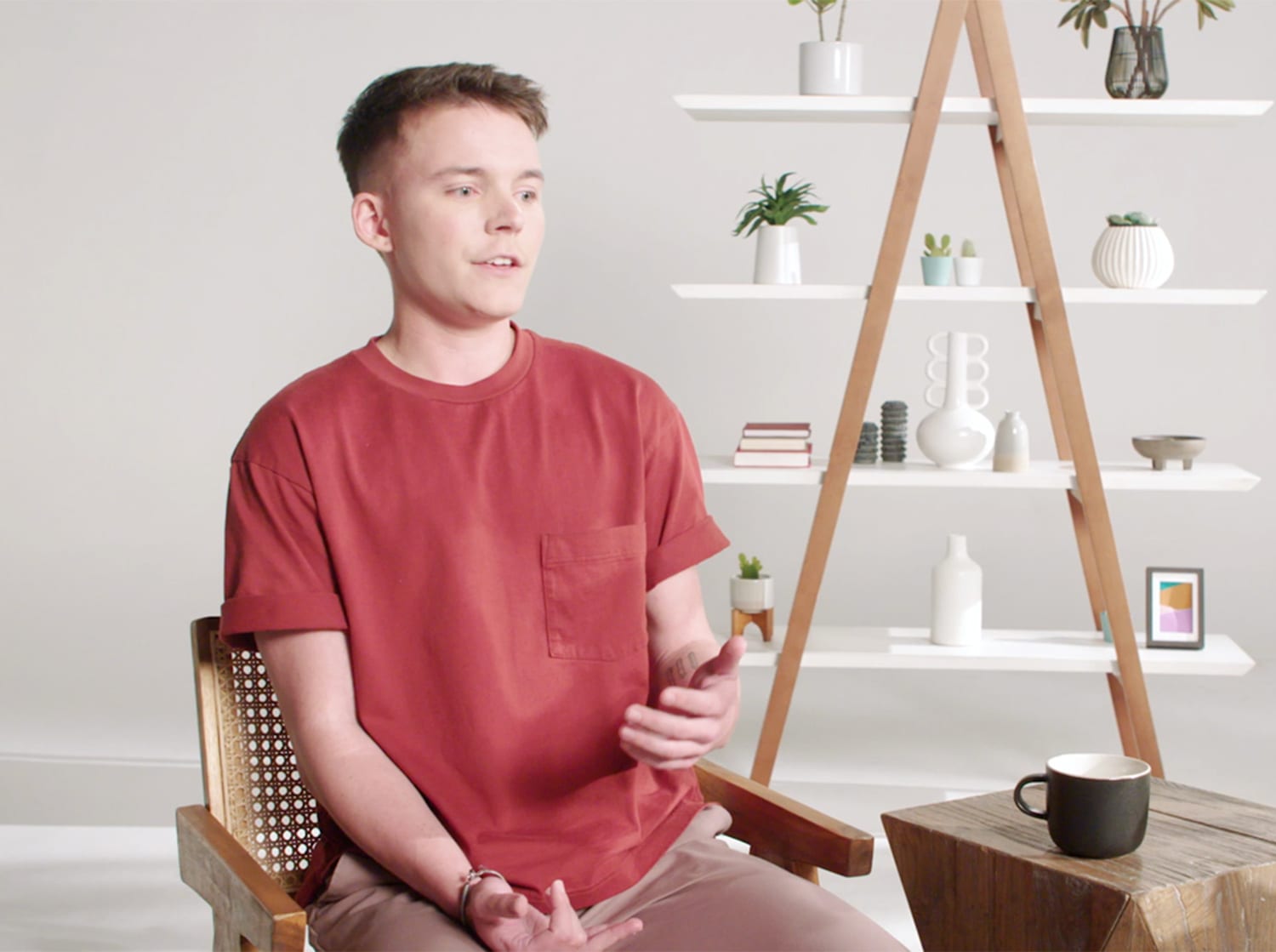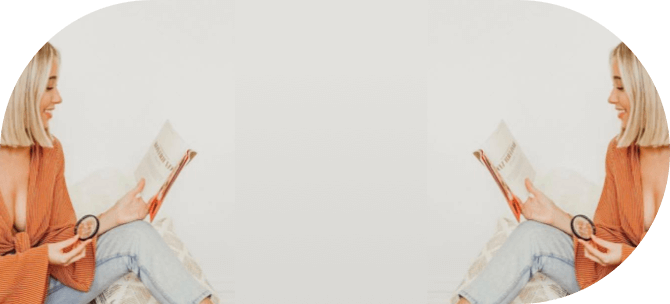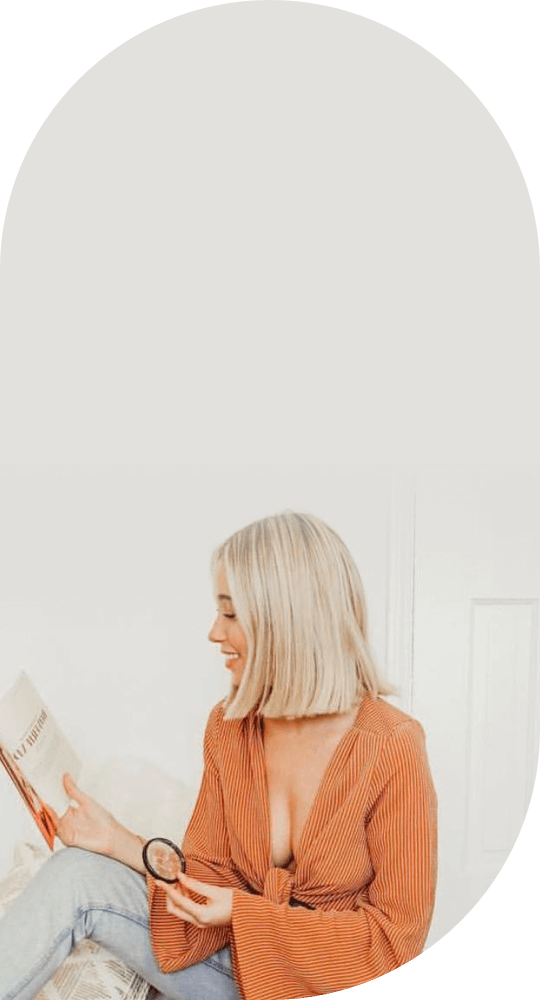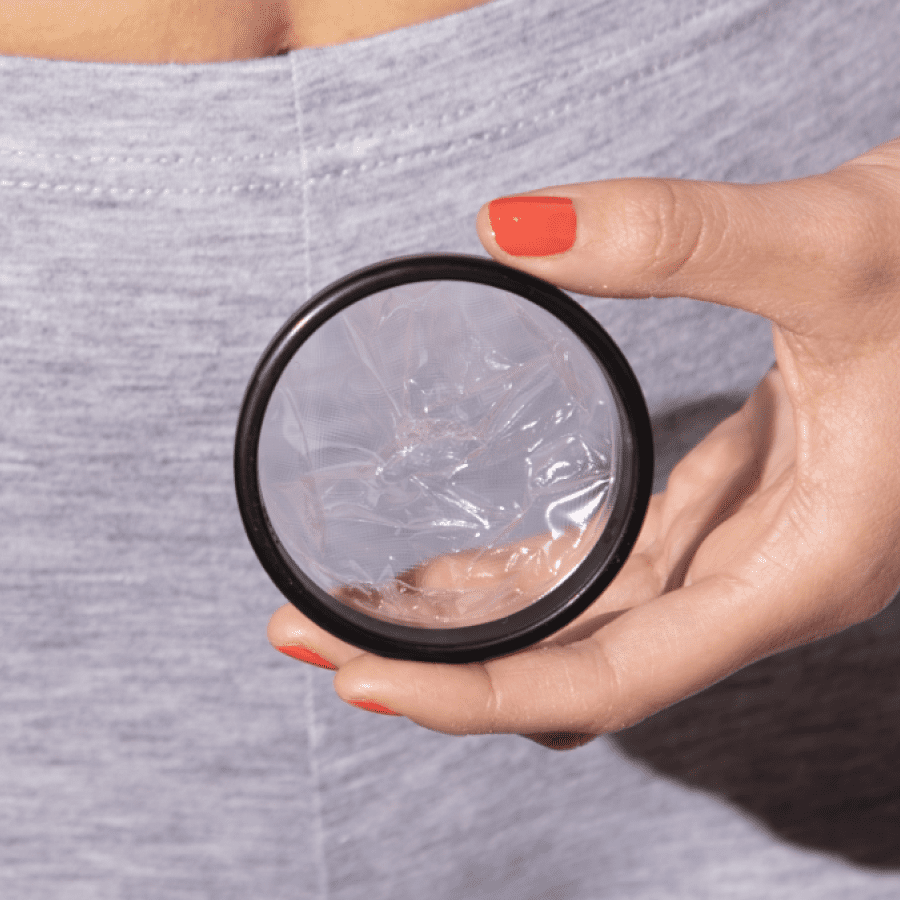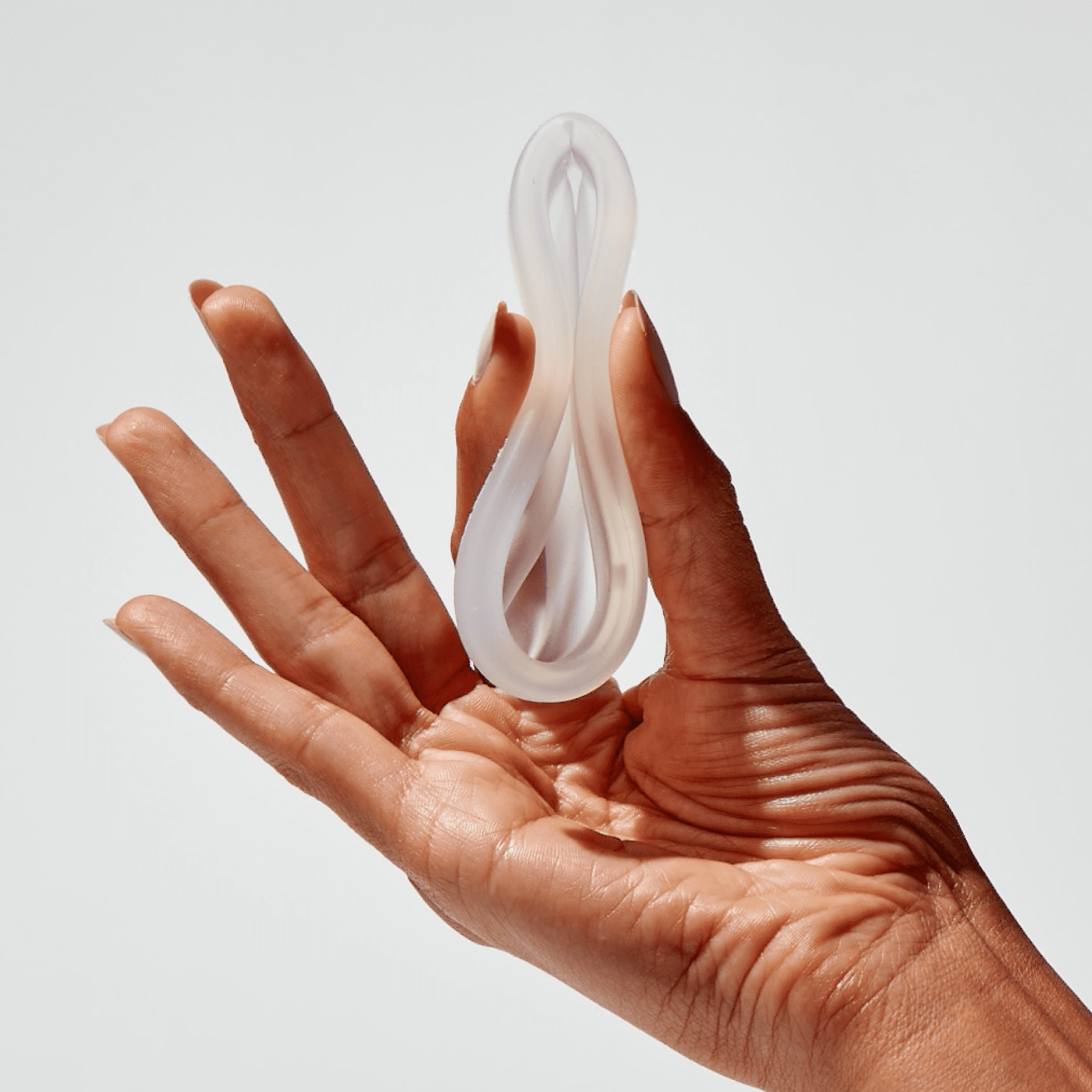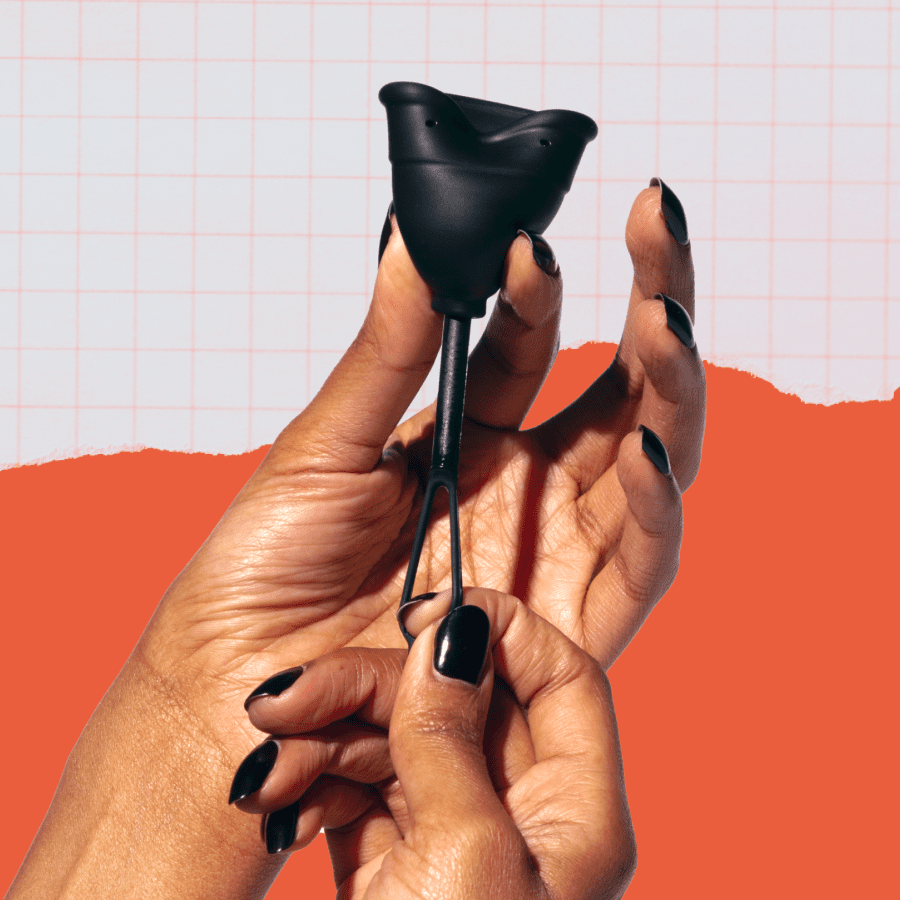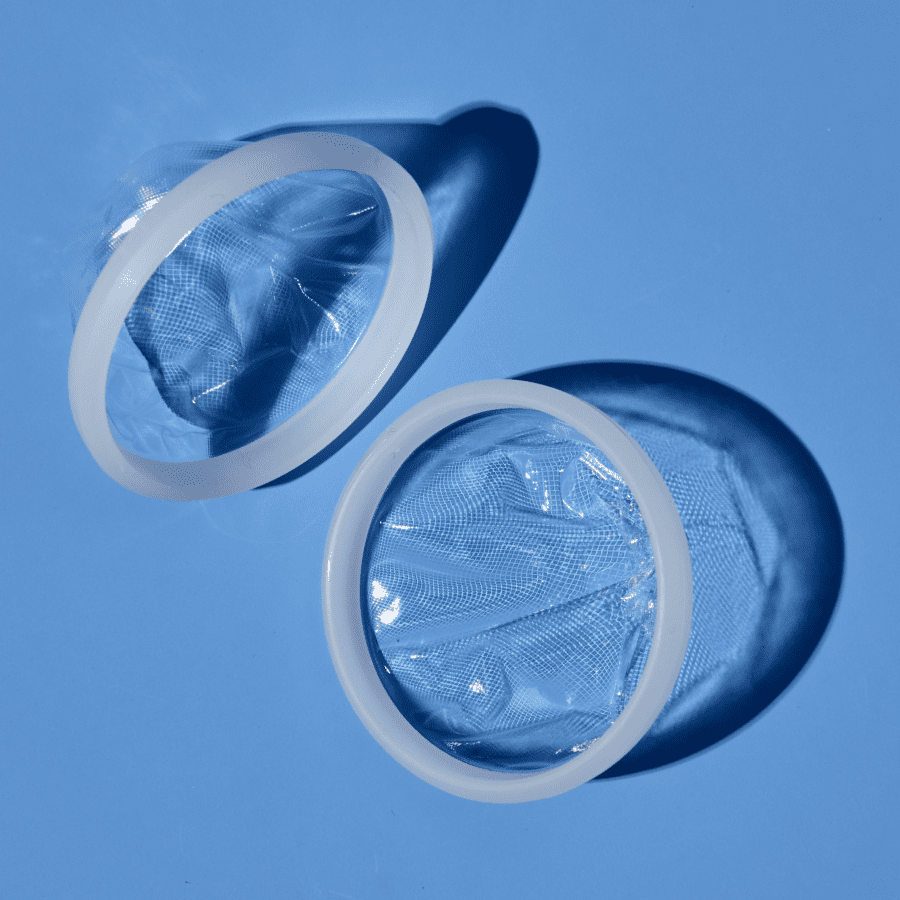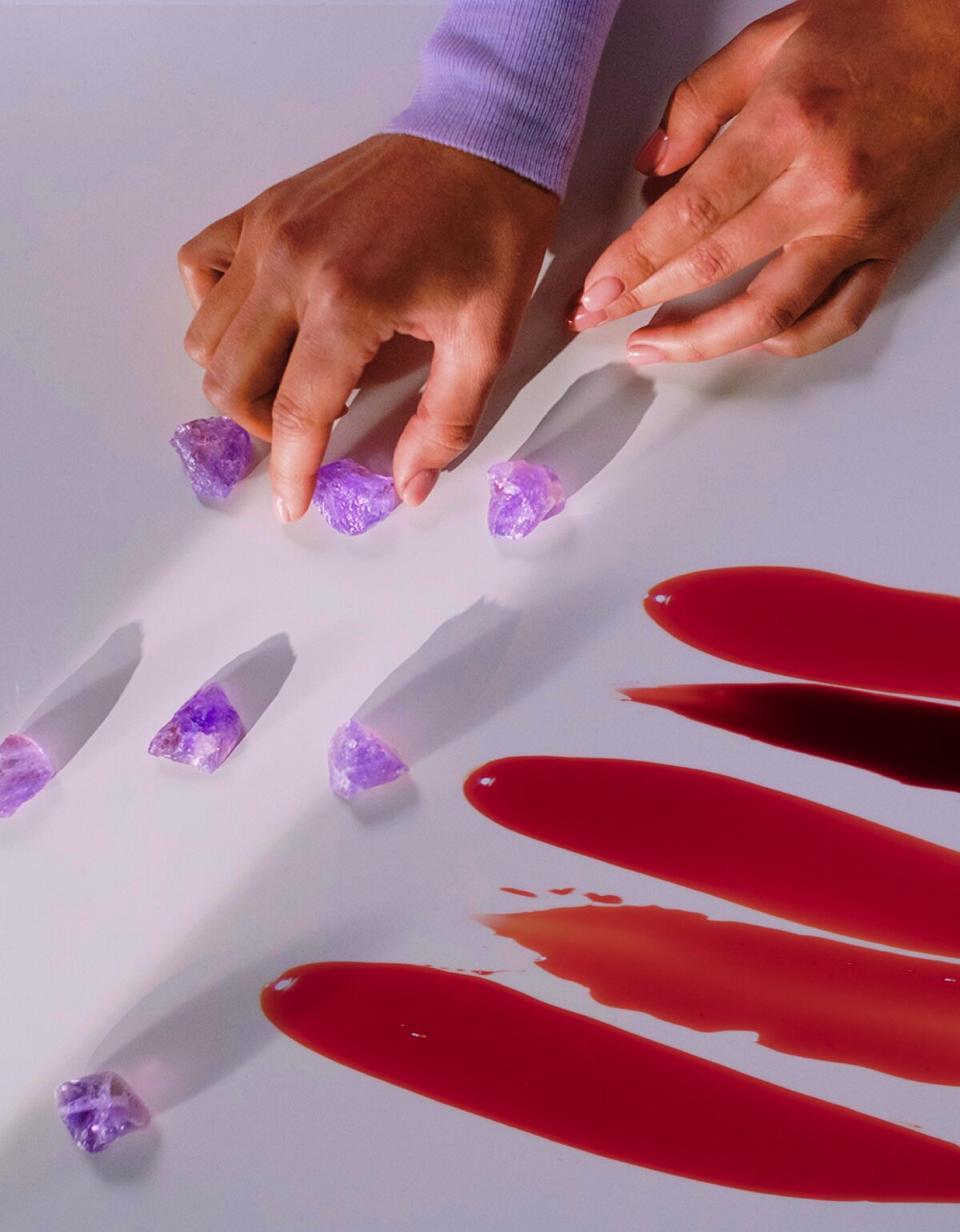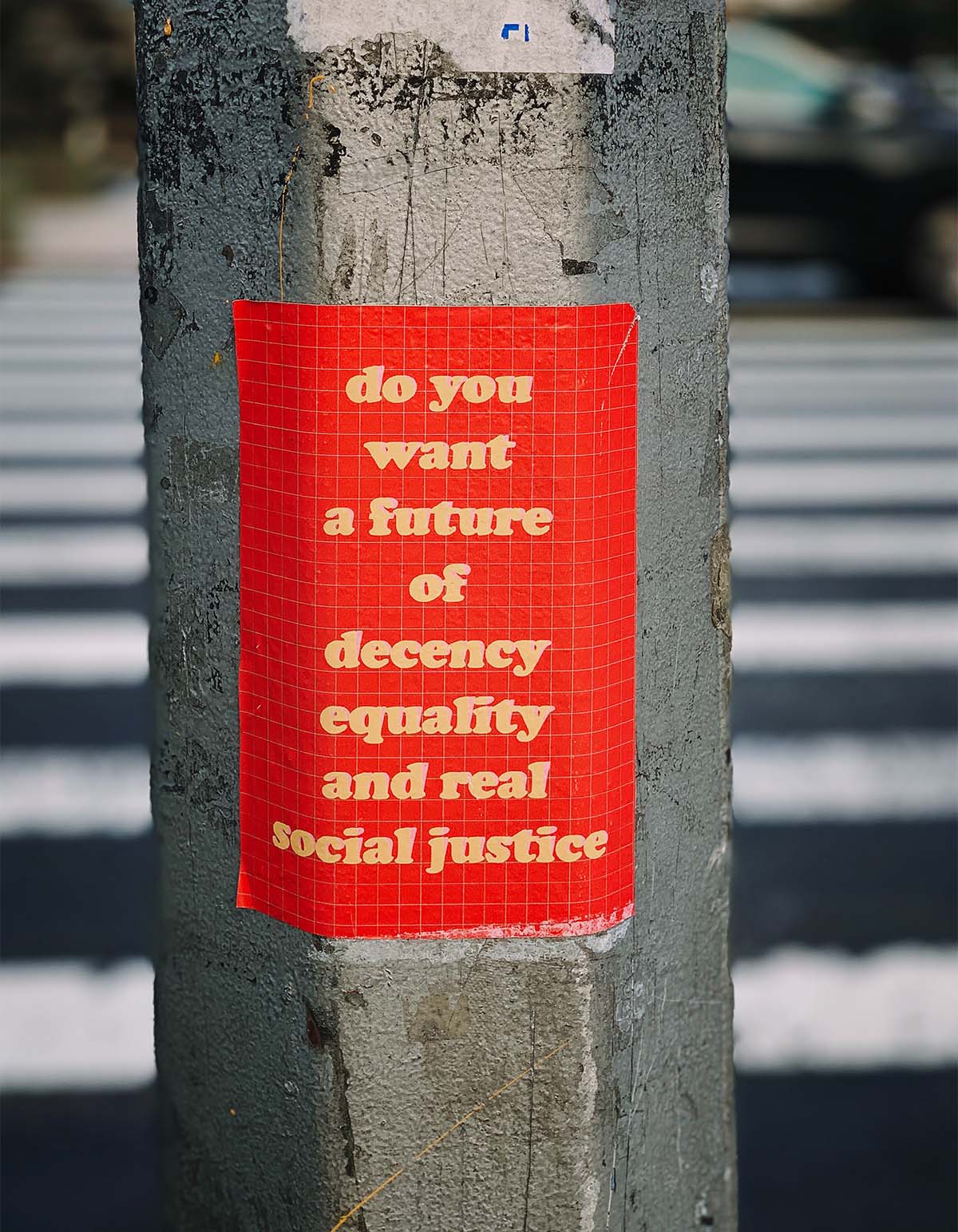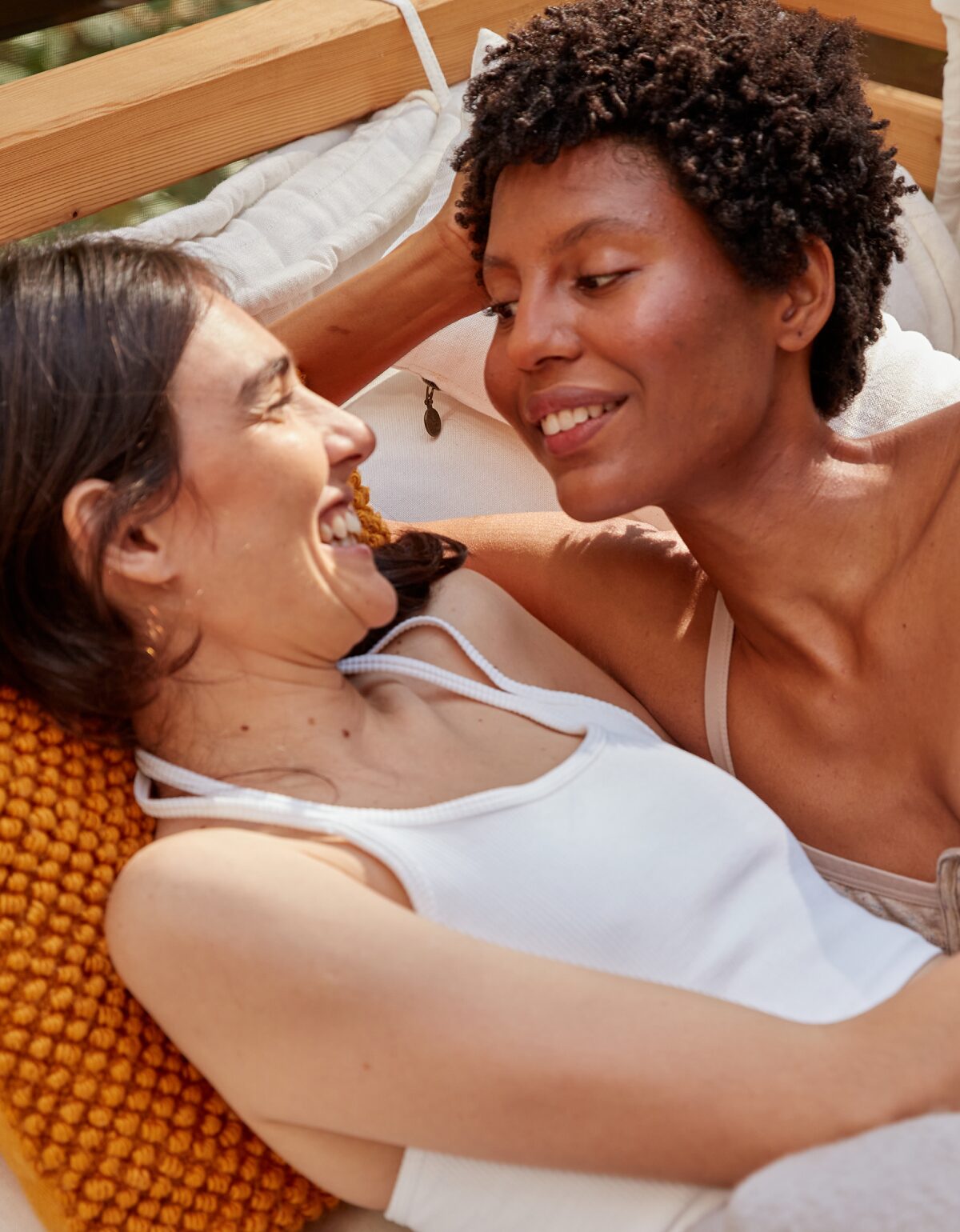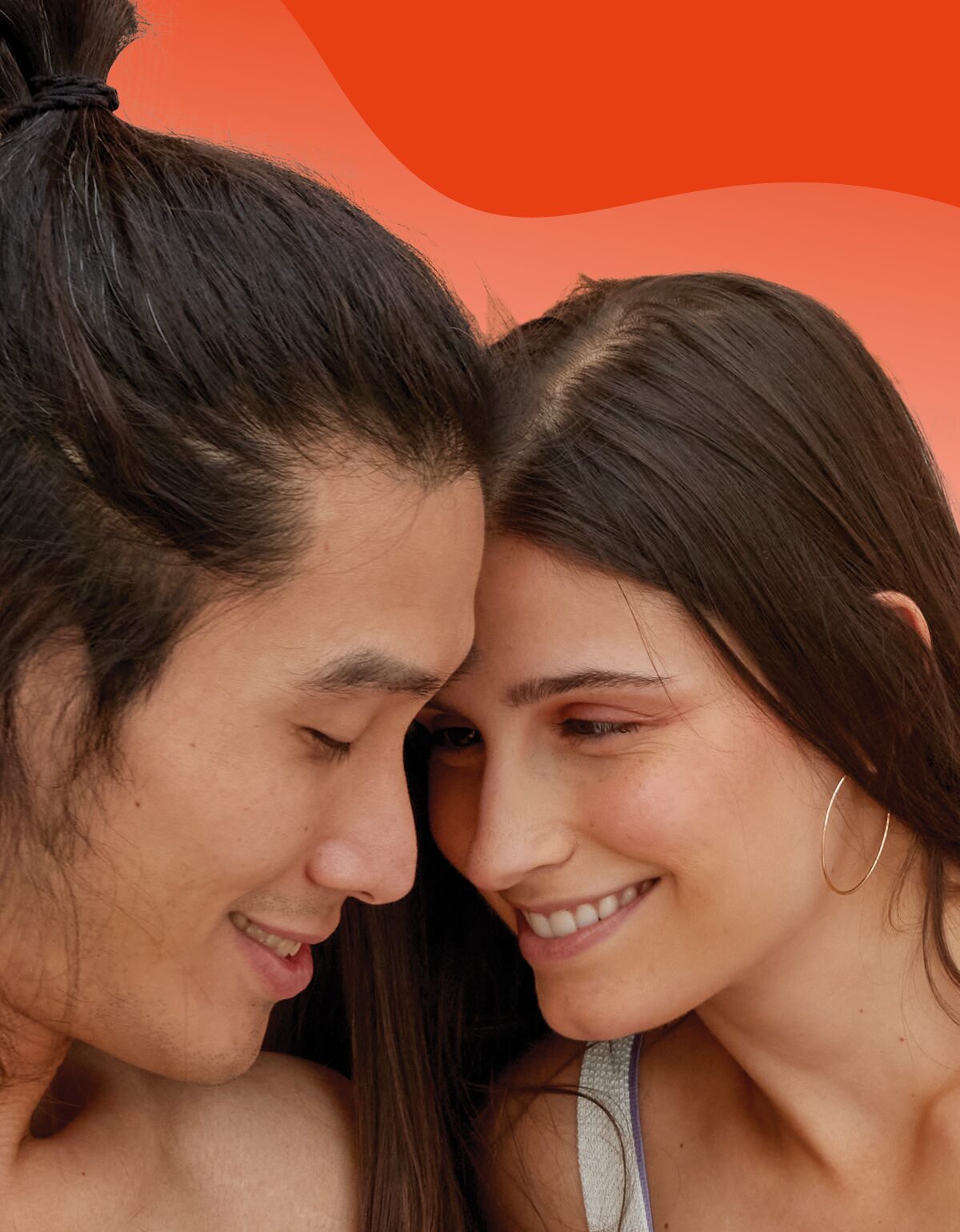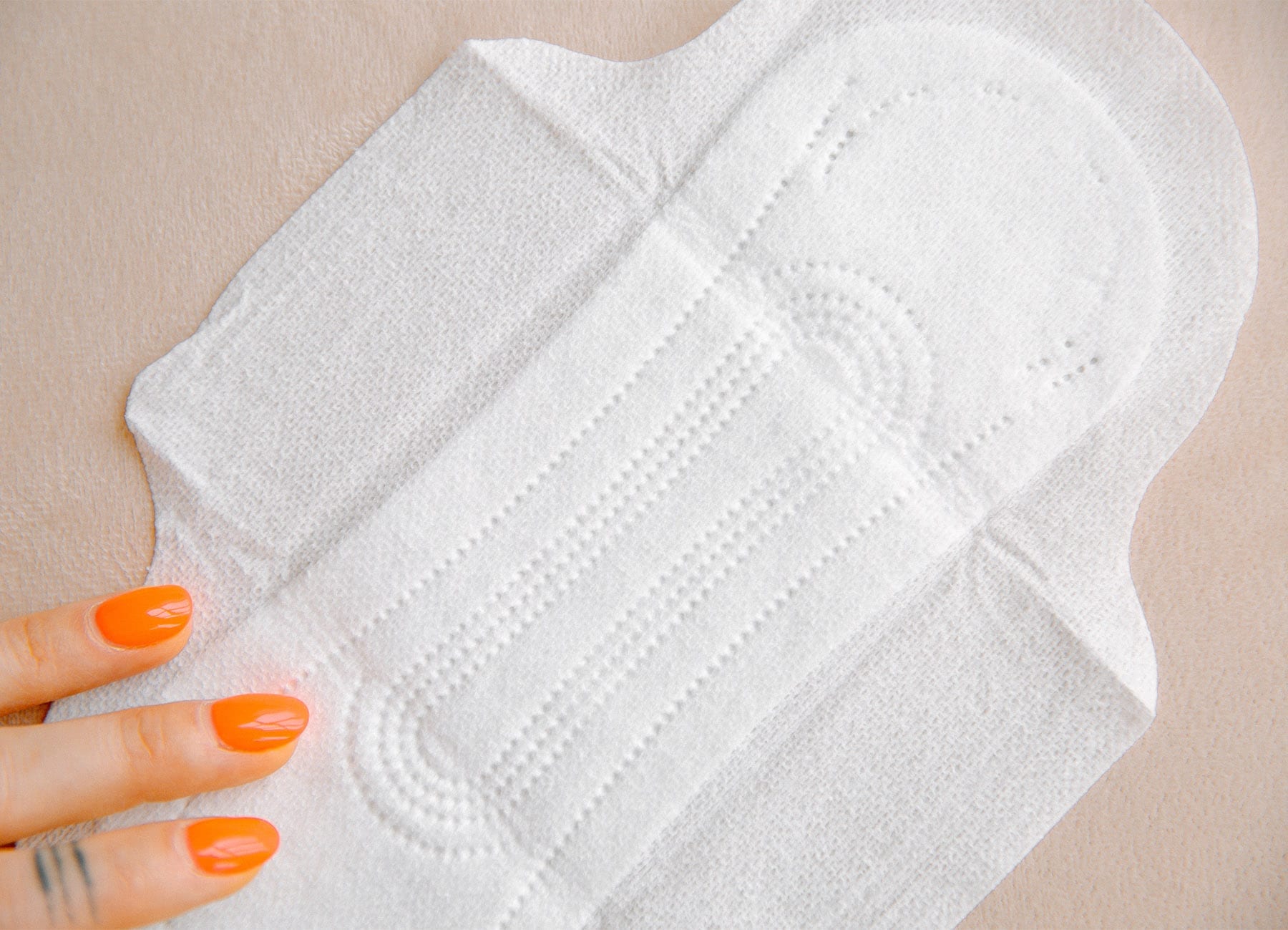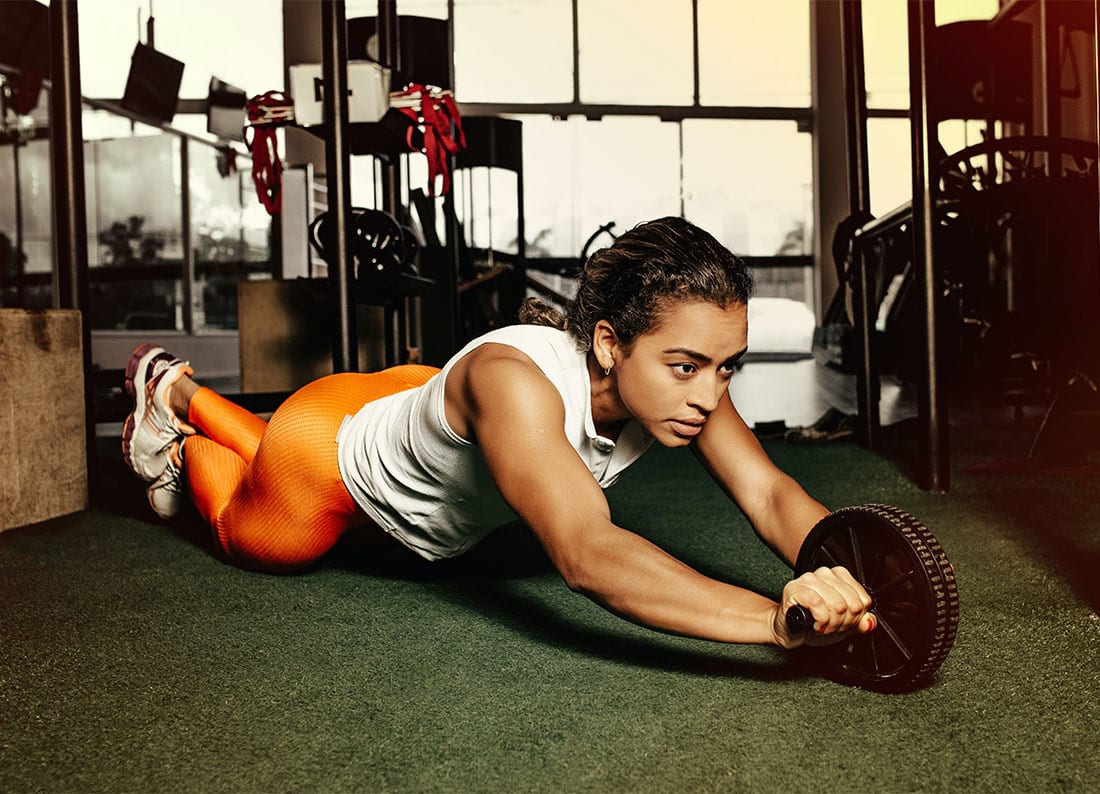We asked a trans man and a nonbinary person about their periods
Menstruation doesn’t have a gender. It’s critical that we don’t exclude trans men and non-binary people from the conversation around periods. At Flex, we’re changing the game for all people with periods—and that means talking about them openly and encouraging healthy, non-gendered dialog.
We asked a trans man and a nonbinary person about how having a period has impacted their lives, what they think about traditional period products, and how they hope to see the period industry evolve over time. Click play above to watch the full video, or read the transcript below.
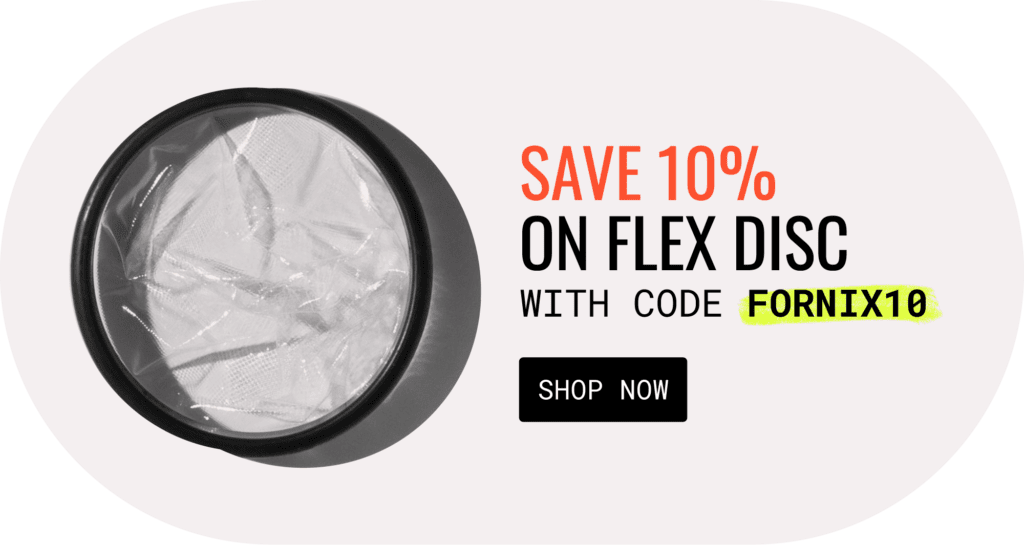
Read the transcript
Arlan: “I’m Arlan, I’m a trans man, and I no longer get my period.”
Rihanna: “My name is Rihanna, I identify as non-binary, and I unfortunately have my period.”
“I really hate my period. It’s intrusive on my life, it doesn’t do anything for me, and it hurts. I wish my body knew that I was non-binary so it could stop this. It could be like, Yo, you don’t want to be female? Alright, we gotchu. Stop.”
Arlan: “It was this major sort of difficulty that I would face once a month, not only physically but hormonally, and it just added a lot of strife, I think, to my day-to-day existence.”
Rihanna: “It prevented me from doing things that I’ve always wanted to do.”
Arlan: It’s this thing that can just be such a cataclysmic issue for people—in relationships, in, you know, activities, whether they’re an athlete—that was a big part of my high school career.”
Rihanna: “My twin sister and I bond over everything, including our periods. Hers is a much more painful experience than mine—it’s more of a mental issue for me. But these are the cards that we were dealt with, so we’ve got to take it as we can and help each other out.”
Arlan: “Not getting my period has been probably one of the most personally exciting parts of my transition. Not thinking about having tampons available or, you know, having to just make sure what I’m wearing is okay if something were to spill, or having an issue with spotting.”
Flex: What is your impression of period products?
Rihanna: “They’re very…pink”
Arlan: “I think it starts with walking down the aisle. It’s always listed feminine hygiene and everyone knows what’s there and your initial thought is, what is someone gonna think of me being in this space at all. I already felt odd walking into the women’s restroom to begin with because I had short hair, I was androgynous. You get in front of all of the products and you see the pinks and the purples and the flowers, you’re being forced into a lane that says pretty pink and dresses.”
Rihanna: “It doesn’t look like it’s changing as much as I would like, to include the diverse sphere of females and non-binary folks who have periods.”
Arlan: “Some people say, like, ‘I can’t have anything to do with pink,’ and that can really hurt and make life difficult for them. So when I first saw the Flex products, I was actually pretty amazed because it was this very sleek, sort of slender, well-designed menstrual cup.”
“It lends itself to the ambiguity of the genders of the people who might be using them and it doesn’t feel like it’s geared specifically towards women or specifically towards people who love the color pink and the people who love flowers and things like that—and I think that’s something that is incredibly important for folks like myself. I know other trans men who would likely look at a product like this if they were still living with their menstrual cycle that would love to have something like this.”
“Many people menstruate: Men can menstruate and trans men and non-binary people exist with menstruation, and it’s a topic that should be less taboo because it’s part of life. I think we really are existing in an age where there are people building solutions with us in mind.”
